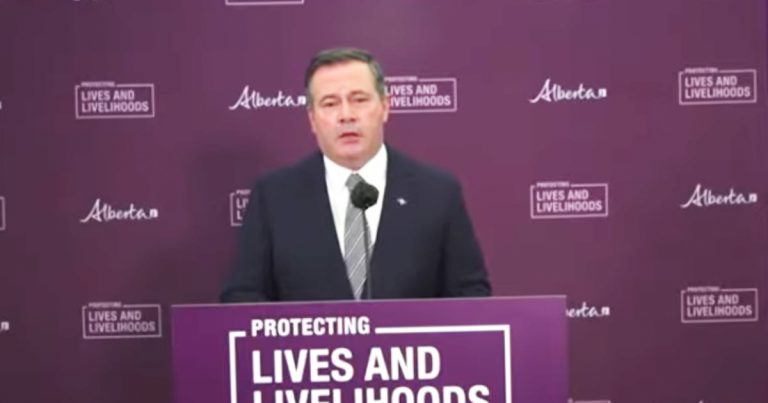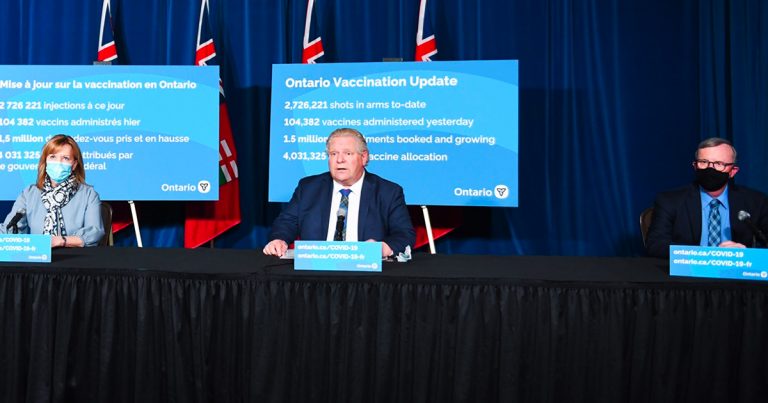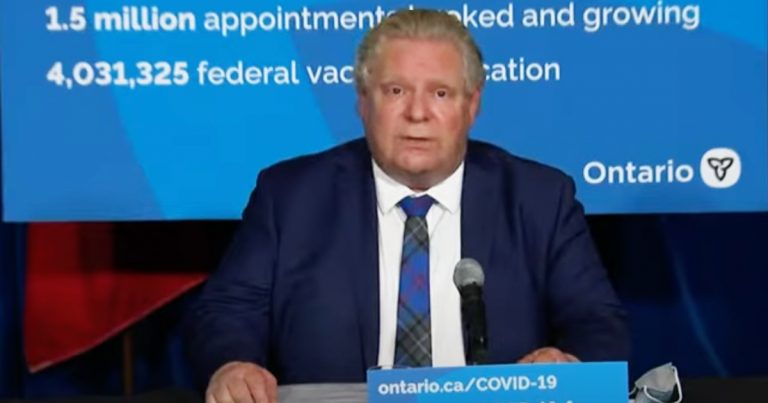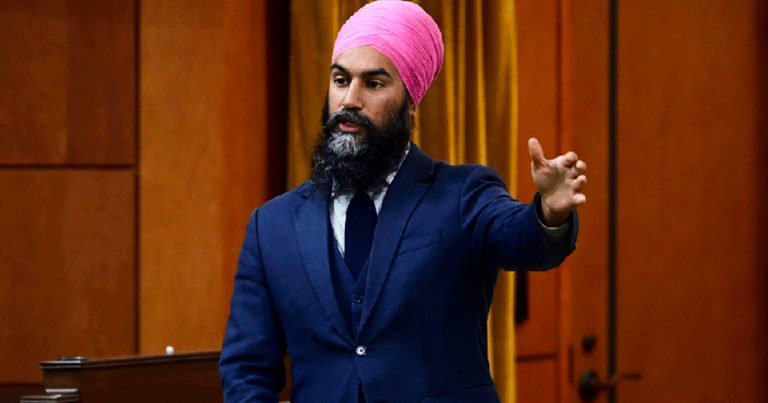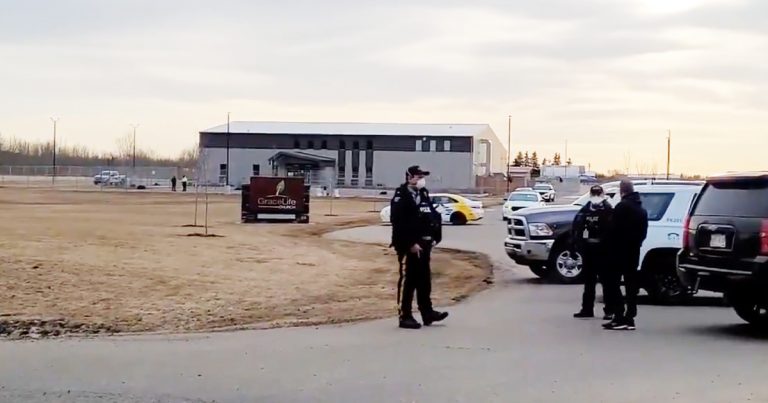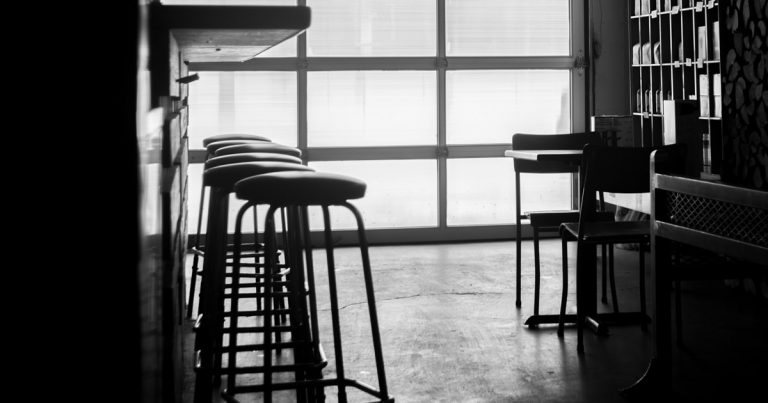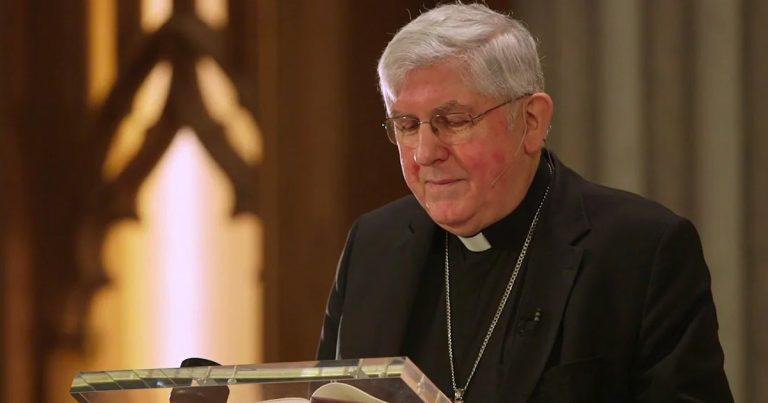Canadian personal protective equipment (PPE) manufacturers are banding together and calling on governments of all levels to purchase domestically-made products instead of unreliable and faulty gear produced overseas.
The Canadian Association of PPE Manufacturers (CAPPEM) issued a news release on Thursday following a hasty recall of foreign graphene masks by Health Canada.
“Canadian-manufactured masks go through rigorous testing and adhere to very high standards of quality control. Under Canadian standards and licencing, our national supply of PPE is top quality, reliable and cost effective,” said CAPPEM President Barry Hunt.
“Canadians deserve to know that the technologies being used to keep them safe are safe, effective, and made with the full approval of Health Canada. CAPPEM looks forward to partnering with all levels of government to keep Canadians safe. As Canadian manufacturers we are proud to be the pioneers and innovators in a new Canadian manufacturing sector, and to be part of the fight to protect Canadians. Together we will defeat the COVID pandemic.”
Collectively, CAPPEM represents nearly 1,000 people involved in manufacturing PPE in Canada and has collectively invested nearly $100 million to ensure Canada has a steady domestic supply of protective gear.
On April 3, Health Canada issued an advisory regarding grey and blue graphene masks imported from China by the Quebec supplier Metallifer. By the time the recall was initiated, the masks had already been used in daycares, schools and by health-care workers.
“Health Canada has conducted a preliminary scientific assessment and has identified a potential for early lung toxicity in rats from inhaled graphene,” wrote the advisory.
Two other masks are currently being reviewed for quality standards.
Since the beginning of the pandemic, Canada has dealt with issues regarding faulty and poor quality PPE imported from China.
In May 2020, Procurement Minister Anita Anand’s office notified Canadians that out of a shipment of 11 million N95 respirators from China, eight million of the masks were found to be unusable and not up to Canada’s health standards.
One month earlier, an additional one million KN95 masks sent to Canada by China were also found to have failed to meet health and safety requirements.


